Contact
igus® Ltd.
| Genera l features | Unit | iglidur® GV0 | test method |
| Density | g/cm³ | 1,53 | |
| Colour | black | ||
| Max. humidity absorption at 23°C/50% R. H. | % weight | 0,7 | DIN 53495 |
| Max. water absorption | % weight | 4,0 | |
| Coefficient of surface friction, dynamic, against steel | μ | 0,07–0,20 | |
| pv value, max. (dry) | MPa x m/s | 0,5 | |
Mechanical properties |
|||
| Bending E-module | MPa | 7.900 | DIN 53457 |
| Tensile strength at +20 °C | MPa | 140 | DIN 53452 |
| compressive strength | MPa | 100 | |
| Maximum recommended surface pressure (20° C) | MPa | 75 | |
| Shore D-hardness | 80 | DIN 53505 | |
Physical and thermal properties |
|||
| Max. long term application temperature | °C | +130 | |
| Max. short term application temperature | °C | +210 | |
| Minimum application temperature | °C | -40 | |
| thermal / heat conductivity | W/m x K | 0,25 | ASTM C 177 |
| Coefficient of thermal expansion (at 23° C) | K–1 x 10–5 | 9 | DIN 53752 |
Electrical properties |
|||
| Specific forward resistance | Ωcm | < 1012 | DIN IEC 93 |
| surface resistance | Ω | < 1011 | DIN 53482 |
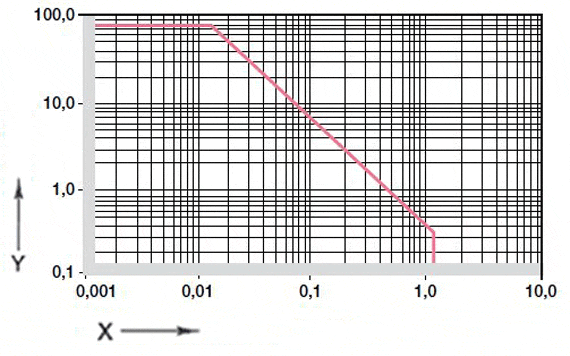
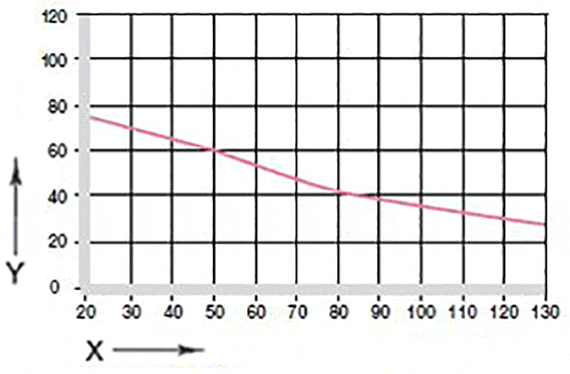
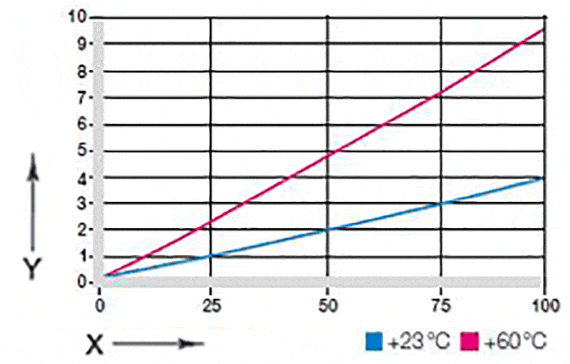
| m/s | Rotary | oscillating | Linear |
| Constant | 1 | 0,7 | 4 |
| Short-term | 2 | 1,4 | 5 |
| iglidur® G V0 | Application temperature |
| Lower | - 40 °C |
| Upper, long-term | + 130 °C |
| Upper, short-term | + 210 °C |
| Secure axially in addition | + 80 °C |
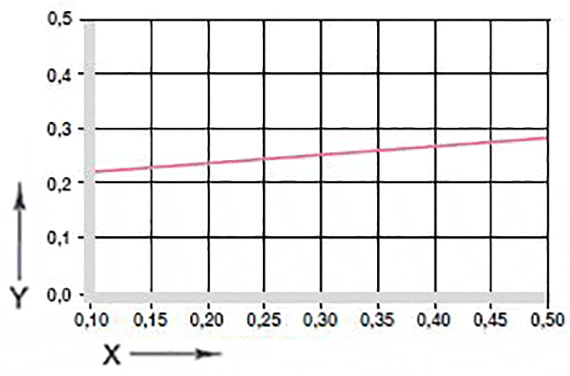
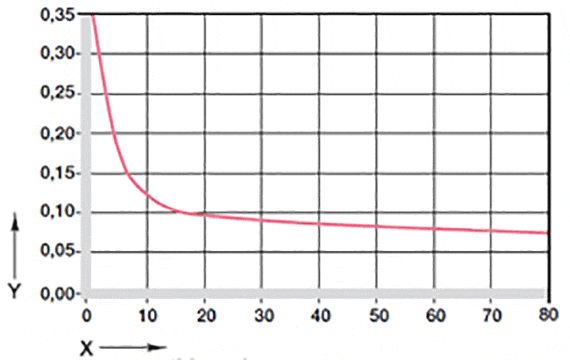
| iglidur® G V0 | Dry | Grease | Oil | Water |
| Coefficients of friction µ | 0,15 - 0,23 | 0,09 | 0,04 | 0,04 |
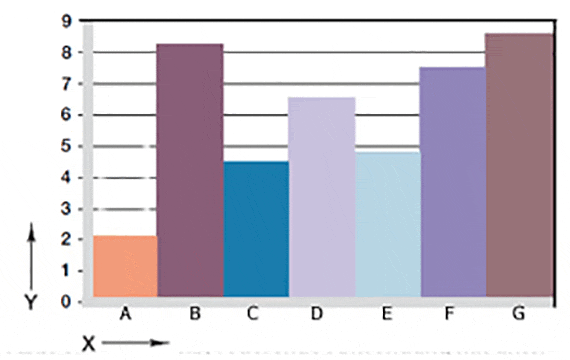
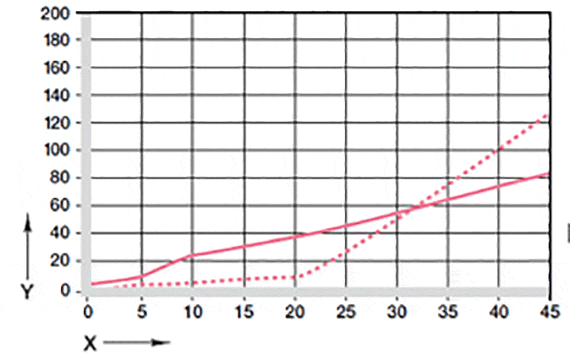
| Medium | Resistance |
| Alcohols | + to 0 |
| Hydrocarbons | + |
| Greases, oils without additives | + |
| Fuels | + |
| Diluted acids | 0 to - |
| Strong acids | - |
| Diluted bases | + |
| Strong bases | 0 |
| Specific forward resistance | < 1012 Ωcm |
| surface resistance | < 1011 Ω |
| Maximum moisture absorption | by +23 °C/50 % r. F. | 0,7 weight-% |
|---|---|
| Max. water absorption | 4,0 weight-% |
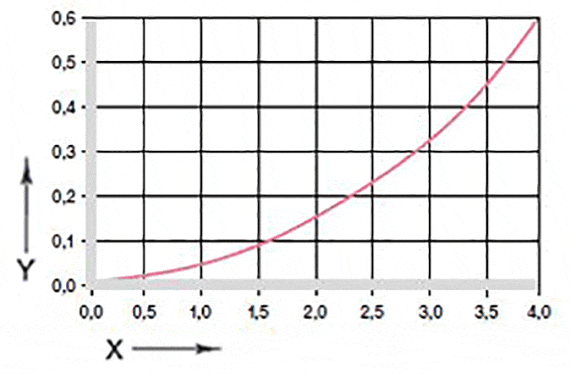
| Diameter d1 [mm] |
Shaft h9 [mm] |
iglidur® G V0 E10 [mm] |
Housing H7 [mm] |
| Up to 3 | 0 - 0,025 | +0,014 +0,054 | 0 +0,010 |
| > 3 to 6 | 0 - 0,030 | +0,020 +0,068 | 0 +0,012 |
| > 6 to 10 | 0 - 0,036 | +0,025 +0,083 | 0 +0,015 |
| > 10 to 18 | 0 - 0,043 | +0,032 +0,102 | 0 +0,018 |
| > 18 to 30 | 0 - 0,052 | +0,040 +0,124 | 0 +0,021 |
| > 30 to 50 | 0 - 0,062 | +0,050 +0,150 | 0 +0,025 |
| > 50 to 80 | 0 - 0,074 | +0,060 +0,180 | 0 +0,030 |
| > 80 to 120 | 0 - 0,087 | +0,072 +0,212 | 0 +0,035 |
| > 120 to 180 | 0 - 0,100 | +0,085 +0,245 | 0 +0,040 |